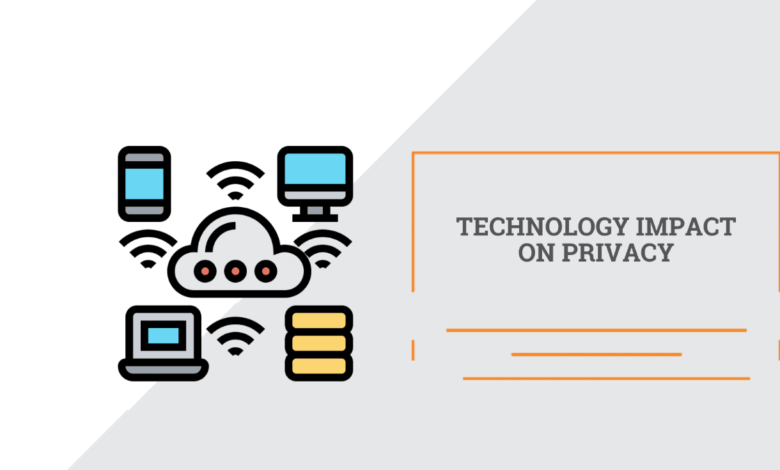The Impact of Technology on Privacy Laws and Regulations

The intersection of technology and privacy laws presents a complex landscape. As digital advancements continue to evolve, lawmakers grapple with the implications for individual rights. The emergence of social media and smart devices has intensified scrutiny over data collection practices. This dynamic raises critical questions about the adequacy of existing regulations. What will the future hold for privacy legislation in an increasingly connected world?
The Evolution of Privacy Laws in the Digital Era
As technology rapidly advances, the evolution of privacy laws has become increasingly crucial in safeguarding individual rights.
In the digital era, lawmakers strive to balance innovation and personal freedoms, adapting regulations to protect citizens from unwarranted surveillance and data exploitation.
Emerging frameworks seek to empower individuals, ensuring autonomy over personal information while promoting transparency and accountability among corporations and government entities.
The Role of Social Media in Shaping Privacy Regulations
How has social media influenced the development of privacy regulations?
Social media platforms have accelerated public awareness of privacy issues, compelling lawmakers to address user data protection.
The pervasive sharing of personal information has led to demands for transparency and accountability, shaping regulations like the GDPR.
Consequently, social media serves as both a catalyst for change and a reflection of society’s evolving expectations regarding privacy rights.
Challenges Posed by Smart Devices and IoT
While smart devices and the Internet of Things (IoT) offer unprecedented convenience and connectivity, they also introduce significant challenges to privacy laws.
The continuous collection of personal data raises concerns about surveillance and consent. Users often lack awareness of the extent of data harvesting, complicating their ability to protect their privacy.
This dynamic necessitates a reevaluation of existing regulations to safeguard individual freedoms effectively.
Future Trends in Privacy Legislation and Technology
With the rapid evolution of technology, privacy legislation is poised to undergo significant transformations in the coming years.
As data protection becomes increasingly critical, lawmakers are likely to adopt more robust frameworks that prioritize individual rights.
Innovations such as blockchain and AI may drive transparency, while public demand for autonomy will shape regulations, fostering a balance between technological advancement and personal privacy.
Also read: The Impact of Technology on Mental Health and Well-being
Conclusion
As technology continues to advance at breakneck speed, privacy laws must evolve like a river carving its path through the landscape, adapting to new challenges and demands. The interplay between innovation and individual rights resembles a delicate dance, where lawmakers strive to find harmony amidst societal expectations for transparency and protection. Moving forward, a robust framework will be essential to ensure that personal privacy remains safeguarded, allowing individuals to navigate the digital world with confidence and security.




